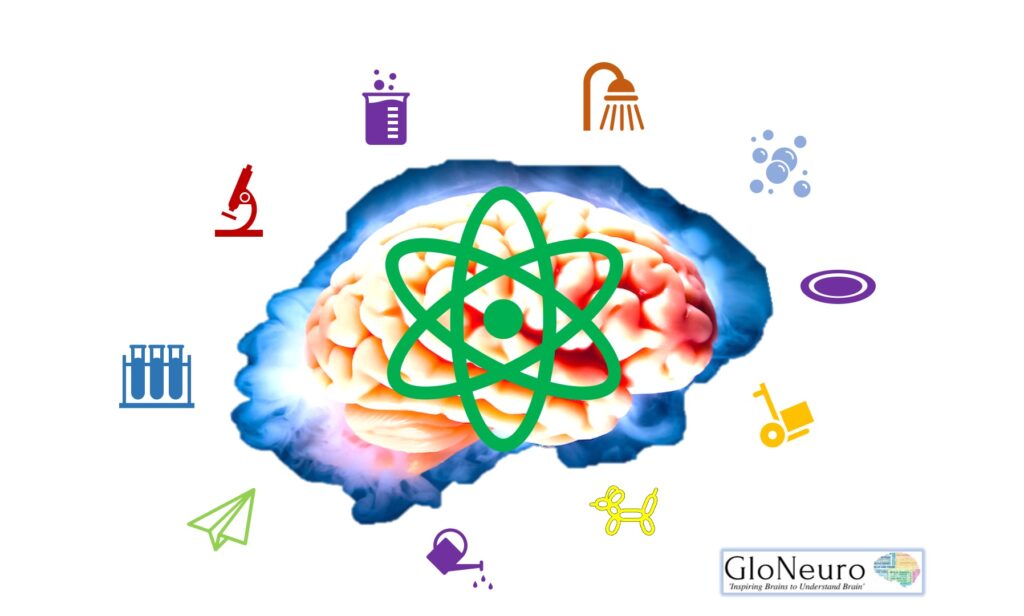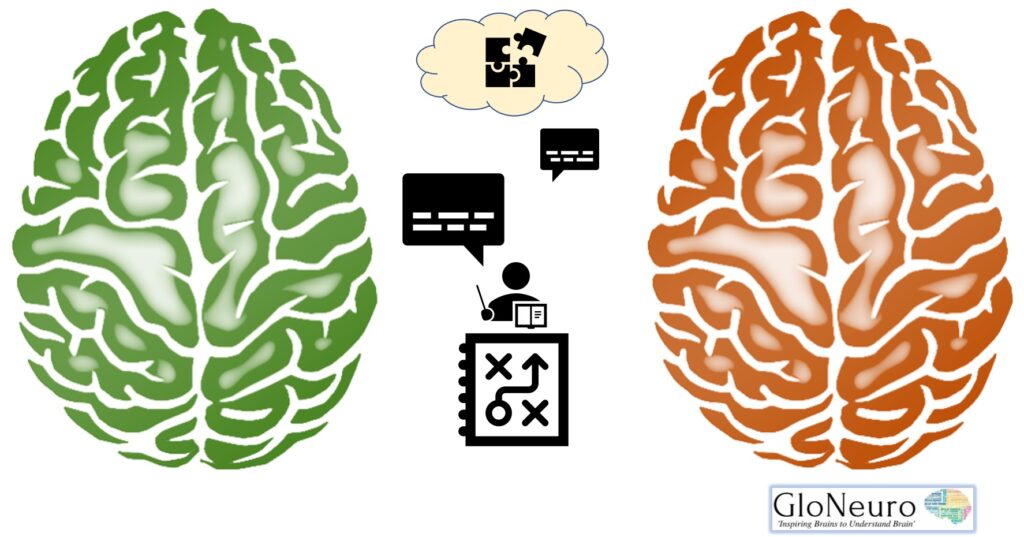Are you fascinated by the intricate workings of the human brain and its impact on behavior? Look no further than the captivating field of neuropsychology. Neuropsychology delves into the intricate relationship between the brain and behavior, unraveling the mysteries of cognition, memory, language, and more. In this GloNeuro series of blogs, we will explore the importance of neuropsychology, its role in understanding and treating cognitive disorders, and the exciting career opportunities it offers. Get ready to embark on another GloNeuro journey that will deepen your understanding of the human mind and its complexities.
The field of neuropsychology delves into the fascinating realm of the human brain and its intricate workings. By exploring the relationship between brain function and behavior, neuropsychology sheds light on the mysteries of cognition, emotion, and neurological disorders. Its importance cannot be overstated, as it provides valuable insights into the human mind and contributes to the advancement of diagnosis, treatment, and rehabilitation strategies. In this blog, we will delve into the significance of neuropsychology, raise awareness about its potential, and discuss the exciting career opportunities it offers.
Neuropsychology serves as a vital discipline that bridges the gap between neuroscience and psychology. By studying how brain structures and processes influence behavior, neuropsychologists gain a deep understanding of various cognitive functions such as attention, memory, language, perception, and executive functions. This knowledge is crucial in diagnosing and treating neurological conditions such as traumatic brain injuries, stroke, Alzheimer’s disease, epilepsy, and other cognitive disorders. Through comprehensive assessments and specialized tests, neuropsychologists evaluate individuals’ cognitive strengths and weaknesses, enabling them to design personalized intervention plans tailored to their specific needs.
The impact of neuropsychology extends beyond clinical settings. Its findings contribute to our understanding of normal brain function, cognition, and behavior. Through research studies and experiments, neuropsychologists uncover the mechanisms underlying learning, decision-making, emotion regulation, and social behavior. This knowledge has implications for fields like education, forensic psychology, sports psychology, and human-computer interaction, where understanding the complexities of the human brain enhances performance, learning outcomes, and overall well-being.

A career in neuropsychology offers diverse and rewarding opportunities. Clinical neuropsychologists work closely with patients, conducting assessments, developing treatment plans, and providing rehabilitation strategies. They collaborate with multidisciplinary teams to optimize patient care and help individuals regain cognitive function and improve their quality of life. Academic settings provide avenues for conducting research, teaching, and mentoring aspiring neuropsychologists. Neuropsychologists also contribute to policy-making, working in government agencies, non-profit organizations, and healthcare institutions to shape guidelines and interventions related to brain health and mental well-being.
To embark on a career in neuropsychology, a solid educational foundation is essential. Typically, it involves obtaining a doctoral degree in clinical psychology, neuropsychology, or a related field. Extensive training and supervised clinical experience are necessary to develop the specialized knowledge and skills required for practice. Postdoctoral fellowships and certification in neuropsychology further enhance professional competence and credibility.
In conclusion, neuropsychology stands as a crucial field that unravels the complexities of the human brain, leading to improved diagnosis, treatment, and understanding of cognitive disorders. Its interdisciplinary nature and practical applications make it an exciting and impactful career choice. By delving into the intricacies of brain-behavior relationships, neuropsychologists contribute to advancing our knowledge of the mind and paving the way for enhanced brain health and mental well-being.
There are many sources from where more information can be picked up:
- American Psychological Association. (2023) Careers in Neuropsychology. Retrieved from https://www.apa.org/ed/graduate/specialize/neuropsychology
- Cleveland Clinic. (2023) Neuropsychologist Retrieved from https://my.clevelandclinic.org/health/articles/24691-neuropsychologist
Please don’t forget to SUBSCRIBE the channel https://youtube.com/@JitendraKumarSinha
Scan to subscribe us:

Related Articles


